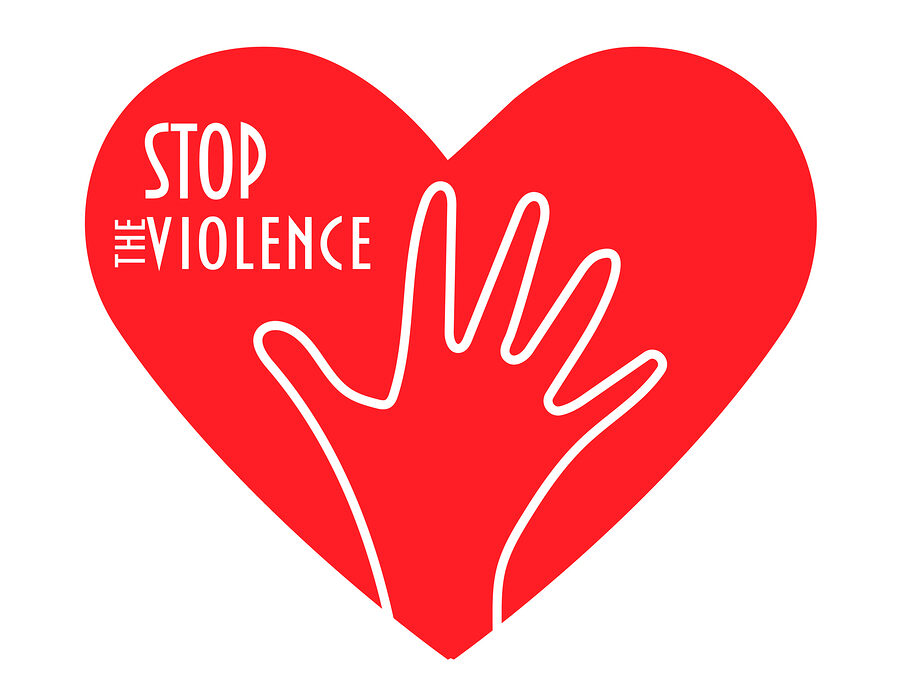As recently as the afternoon of Halloween this year, there was another senseless act of violence in Manhattan, New York – “A man in a rented truck slammed into people on a pedestrian and bicycle path in New York City on Tuesday afternoon, killing several people and injuring others, police said on Tuesday afternoon.” (source)
On October 1, 2017, the deadliest shooting on United States soil in modern history occurred when a crazed gunman took the lives of 59 people from a Las Vegas hotel room. Unfortunately, tragedies like these are not rare incidents. In fact, according to Business Insider, the Vegas incident marked the 273rd mass shooting of 2017. When horrible things like this happen, our kids are bound to see them on the news, and hear about them at school. How can we talk to them about shootings, and other acts of violence?
Don’t go into details. Just keep it simple. If your child brings up a tragedy that they have seen or heard about, Psychology Today recommends saying something simple like, “A bad person decided to hurt other people.”
You don’t need to get too specific. Still, you can feel free to ask them how they are feeling about it, and see if it’s bothering them further.
Stay positive and focus on the good. Point out the positive aspects of the situation. For example, after a tragedy the community generally comes together to help each other. Talk about how they can help, and discuss charitable causes that may be in your area to support those affected.
Praise law enforcement and EMTs. Another positive way to talk about tragedy is to discuss the fact that brave people work hard to prevent bad things, and help those affected when they can’t stop a bad thing from happening. This can reinforce a child’s sense of safety.
Avoid leaving the news on. This is not to say shield your child completely from the news, as this is all but impossible these days. You can at least lessen their exposure to the inundation of horrific images that are often overplayed by the media in the aftermath, however.
Bring up their feelings again later. Find out if they are still thinking about, or are upset/ bothered by the incident that took place. Don’t hesitate to check in with them about how they are feeling regularly. You don’t have to blatantly ask about the incident either. A simple check in like, “how are you doing?” or “is there anything you want to talk about?” will do.
If your child seems too negatively affected by an event that has happened, it may be helpful to have a guidance counselor, a religious figure, or even a licensed psychologist or other mental health professional talk with them as well. You know your child best though, and you’ll know if something isn’t quite right and needs to be addressed.

